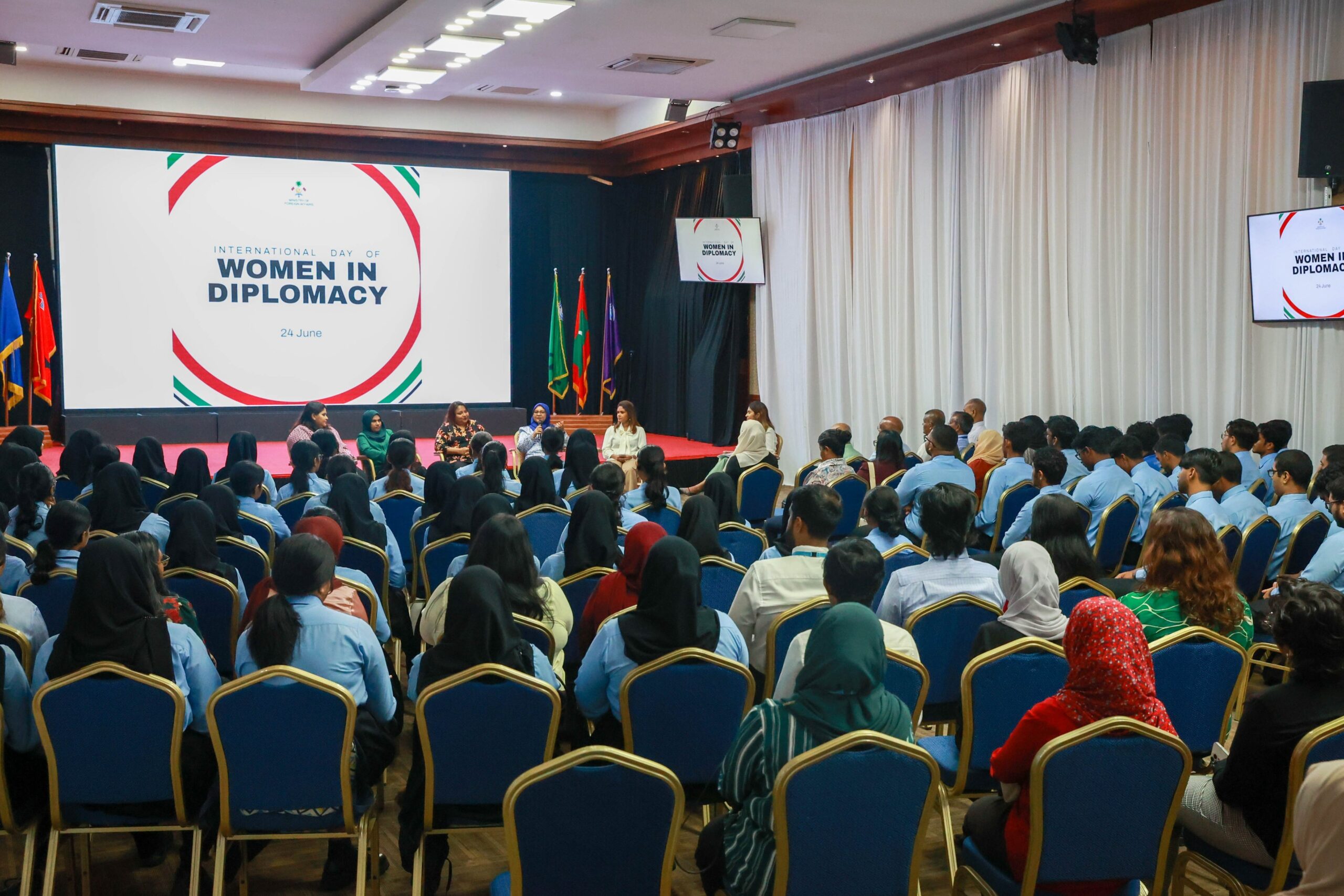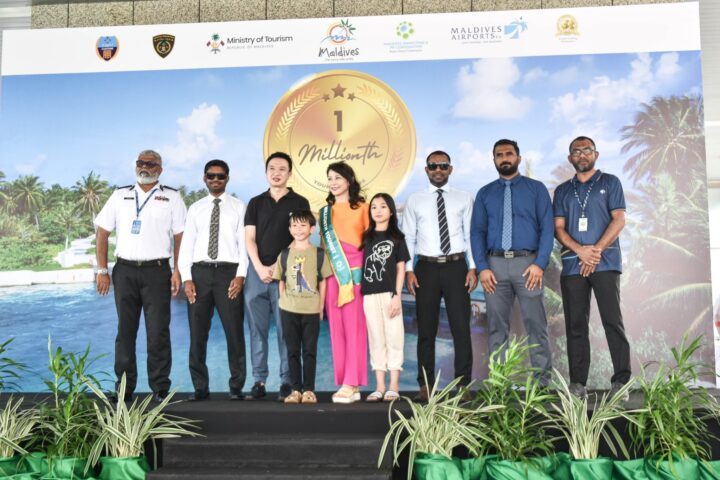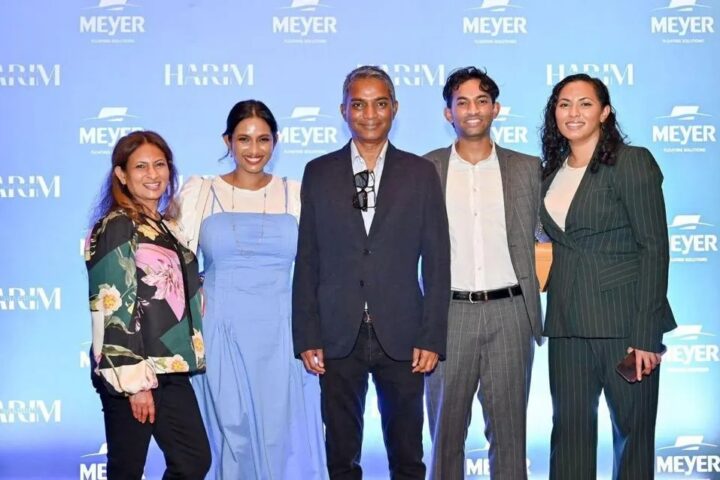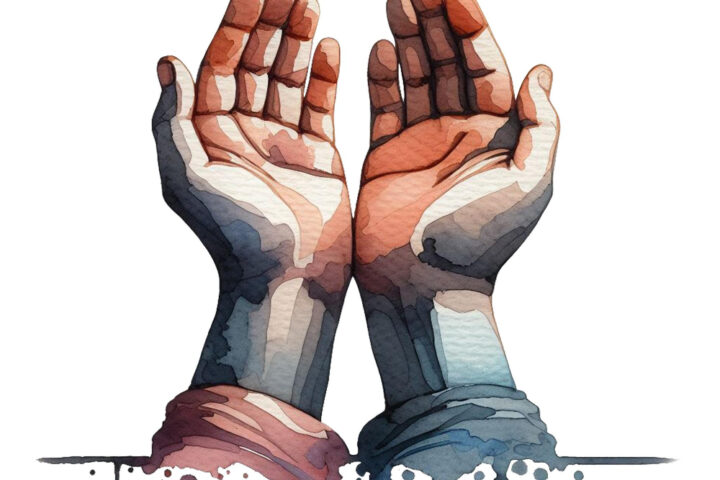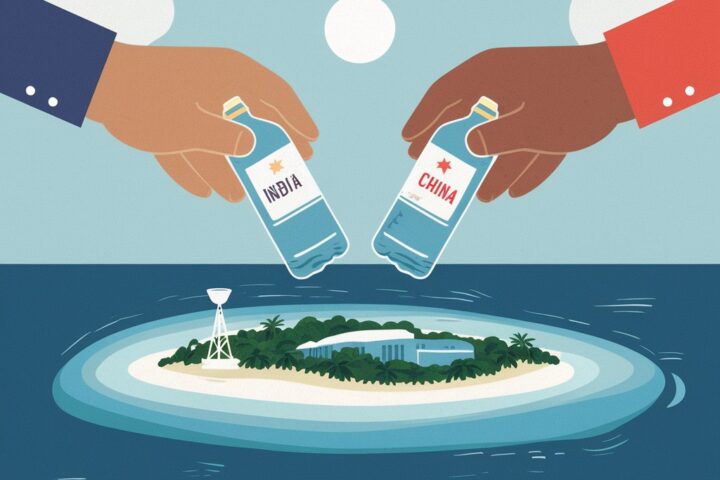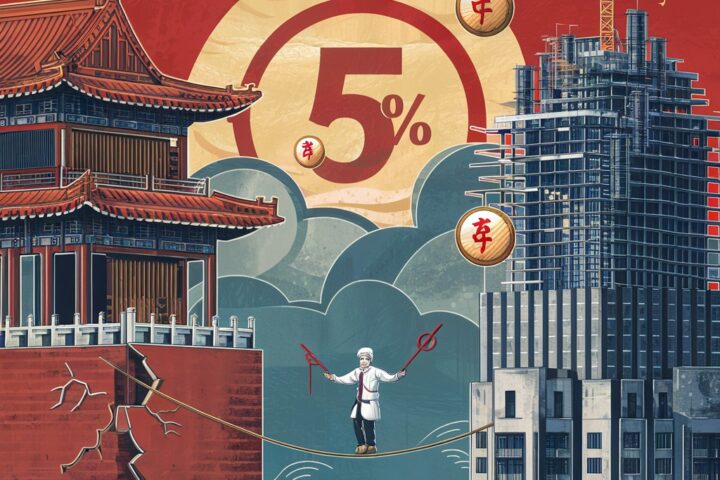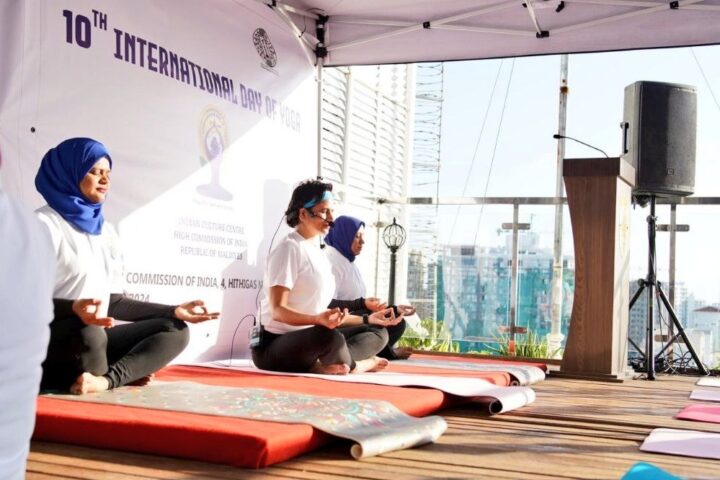“All human beings are born free and equal.” These words, enshrined in the Universal Declaration of Human Rights, might have read differently if not for the persistence of one woman diplomat. As the world celebrated the International Day of Women in Diplomacy, the legacy of Hansa Mehta serves as a powerful reminder of women’s often overlooked influence in shaping international relations.
In 1947, Mehta, an Indian delegate to the United Nations Commission on Human Rights, challenged Eleanor Roosevelt over the declaration’s wording. Where it originally read “all men,” Mehta insisted on “all human beings,” a subtle yet profound shift that explicitly recognized women’s rights as human rights.
This pivotal moment, highlighted by Dennis Francis, President of the 78th UN General Assembly session, underscores the transformative impact women have had on the diplomatic stage. “Would the Universal Declaration of Human Rights be truly universal today if Hansa Mehta had not insisted on this change?” Francis pondered, bringing attention to a historical footnote that The New York Times featured in its Overlooked obituaries series.
Today, women diplomats continue to push boundaries and reshape the landscape of international relations. Foreign Minister Moosa Zameer, whose nation spearheaded the UN resolution establishing this day of recognition, offered a powerful testament to their contributions. “Today, on International Day of #WomenInDiplomacy, I am proud to celebrate women diplomats in the #Maldives and across the world, who continue to enrich the global diplomatic landscape,” Zameer stated. He emphasized the significant impact of women, from multilateral and bilateral engagements to innovative policy approaches, in making the world more inclusive and resilient.
In the Maldives, women make up more than half of the foreign service workforce. This statistic reflects a growing global trend, yet challenges persist. While some nations, like Pakistan, proudly showcased their women diplomats on social media, others, including India, were conspicuously silent on the #WomenInDiplomacy hashtag. This disparity highlights the uneven progress in recognizing women’s contributions to diplomacy.
Dr. Hala Hameed, Secretary Bilateral, articulated the unique strengths women bring to the field. “Women diplomats, accomplished with the art of skillful negotiation, in-depth knowledge of current affairs, and the aptitude to comprehend global challenges and crises, are leveraging their stance on pertinent international discourses,” Hameed stated, emphasizing their role in “amplifying the voices of the vulnerable and promoting a balanced, nuanced approach in diplomacy.”
The roots of women in diplomacy stretch back millennia, with figures like the Queen of Sheba serving as early women diplomat exemplars. Her diplomatic mission to King Solomon, celebrated in Quranic tradition, showcases skills that resonate even in today’s complex geopolitical landscape.
As missions and foreign ministries worldwide marked the occasion with vibrant celebrations, the day served as a call to action for greater inclusion and recognition of women in diplomatic roles. Former Foreign Minister Abdulla Shahid praised women’s resilience, noting, “I have always admired the way in which women continue to meet every challenge, and overcome every barrier – the field of diplomacy is no exception.”
In a world grappling with unprecedented challenges, from climate change to global security threats, the diverse perspectives and innovative approaches that women bring to diplomacy are more crucial than ever. Their contributions are not just a matter of equity, but a strategic imperative for building a more peaceful and prosperous world.
Foreign Minister Zameer’s words serve as both a celebration of progress and a call for continued advancement: “As we acknowledge their achievements today, let us reaffirm our commitment to supporting and empowering women in diplomacy. From their engagement in key issues in the multilateral and bilateral arena to the innovative approaches they bring to the policy tables, women diplomats have driven key changes to make the world a more inclusive and resilient place.”

